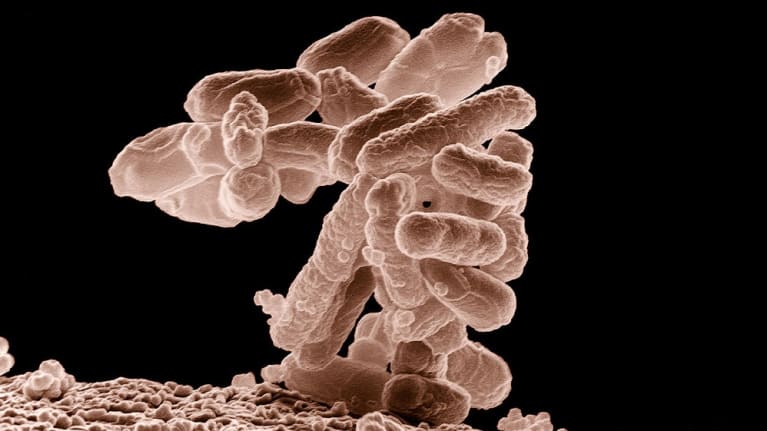Scientists at the University of Jyväskylä have developed bacteria that spread a genetic mutation which can destroy microorganisms' ability to be antibiotic-resistant.
The research group headed by academy research fellow Matti Jalasvuori aims to develop probiotic bacteria that re-sensitise already resistant bacteria to antibiotics.
According to Jalasvuori there are two ways that bacteria become resistant: either through the use of antibiotics or through the exchange of resistant genes between bacteria. The latter is possible even if the bacteria have not been exposed to antibiotics.
"Especially among notorious hospital pathogens, such as E. coli and K. pneumoniae, resistance genes are usually a part of mobile genetic elements that readily transfer from one bacterium to another", said Jalasvuori.
This gene transfer, however, can also be turned against bacteria. Jalasvuori’s group has developed modified bacteria that disseminate DNA-sequences called CRISPR-elements, which in turn destroy resistance genes in bacterial cells.
CRISPR-elements can be transferred into, for example, gut flora with harmless probiotic bacteria.
“In the future, this approach could help prevent antibiotic-resistant bacteria from accumulating in certain environments, such as farms,” Jalasvuori added.
Jane and Aatos Erkko Foundation has awarded the research group a grant worth 255,000 euros for investigating the transfer of such elements.
It was reported last month that thousands of people in Finland are diagnosed yearly with urinary tract infections caused by drug-resistant E. coli bacteria.
